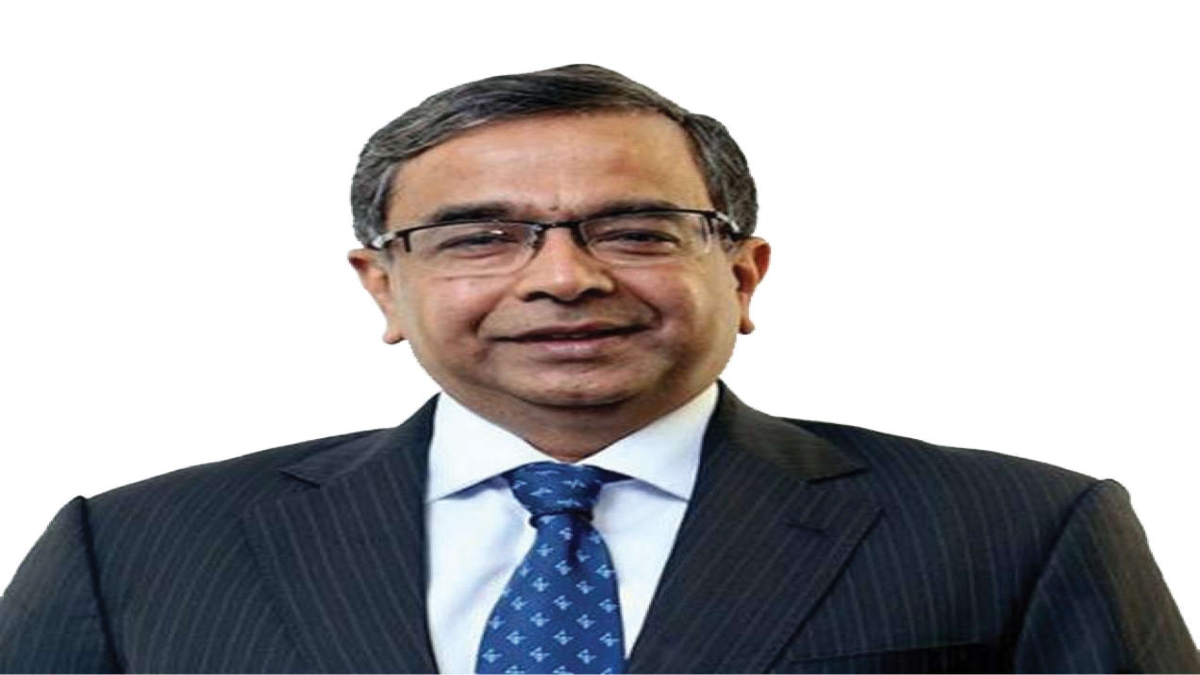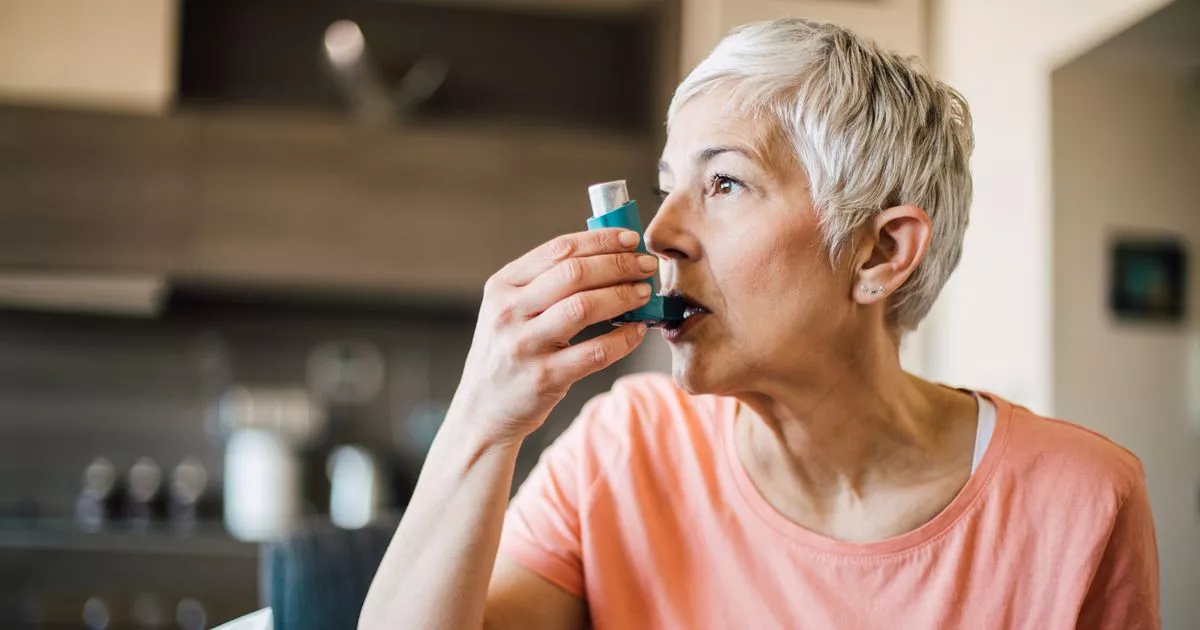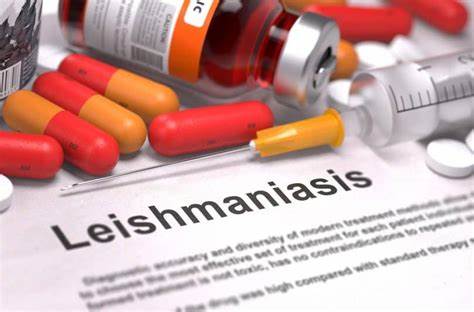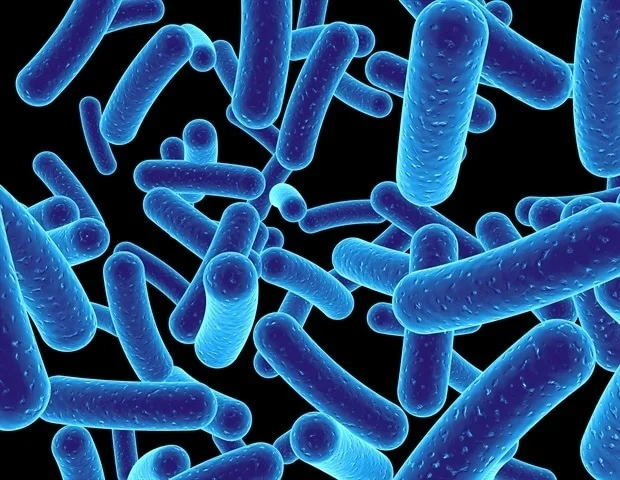New Delhi: The president of the Public Health Foundation of India, Dr K. Srinath Reddy, sat down for an exclusive interview with The Daily Guardian, where he expressed his opinions on mass vaccination as a process and a solution for Covid-19, and said that we would need adaptive strategies and a strong resolve to gain control over such an evolving virus. Excerpts from the interview:
Q. Do you think vaccination is the only solution for saving people from Covid-19?
A. I do not think it is the only solution, but it will be a part of the solution. We will require a combination of public health measures over 2021 to see Covid-19 fade away by 2022. We will still need to wear masks for most of next year, avoid super-spreader events and follow the norms of hand hygiene and physical distancing to the extent possible. I believe that, with these measures, the virus will change to a less virulent form and pose less of a threat to life even if it co-exists with us, as many other viruses do. Otherwise, it cannot survive as a species if it keeps ravaging its host species, as is the survival logic of evolutionary biology. In the meantime, a safe and effective vaccine will help save the lives of the most vulnerable, such as the elderly, persons with co-morbid health conditions, healthcare providers and other essential workers. However, the vaccine will help to save lives, not throw out the virus from this planet.
Q. How can breaking the chain be a measure for reducing Covid-19 cases?
A. We must recognise that the systemic vaccines which are administered by intramuscular injection have not been proven yet to prevent a person being infected by the virus. They only help the body to mount a strong defence against the virus and prevent serious disease and death, if infection does occur. Whether an immunised person, who acquires the natural virus from an infected person, will harbour the virus in the nose or throat for some time and whether that can be the source of infection to another person is unknown at present. It is possible that by preventing a serious symptomatic disease and quickly fighting off the virus in the body, the period of viral replication will be cut short and the immunised person may not be transmitting the virus to others for long. That will help to reduce transmission. However, current scientific evidence does not provide proof that an immunised person will not get infected at all and will not transmit to others even for a short while, if infected. Thus the vaccine will save lives, and probably reduce transmission, but not break the transmission chain completely.
Q. Who should get the vaccine first?
A. Health workers, other essential workers, elderly persons and persons with pre-existing health disorders (co-morbidities) are the persons who are at the risk of severe infection, either because of high levels of viral exposure or lowered immunity due to age and underlying health conditions. They should receive the vaccine first. The challenge lies in identifying persons with co-morbidities. In large cities, many of them would have already been identified, though there are also people in slums and low-income communities who may have been missed out on by health services which do not routinely screen for these disorders. In smaller towns and villages, the proportion of undiagnosed persons with these disorders would be higher. Since these co-morbidities occur at least a decade earlier in the Indian population, as compared to the Western populations, we should offer the vaccine to all persons above the age of 50 years initially, apart from the essential workers, if adequate vaccine stocks are available.
Q. Do you think India is well prepared for mass vaccination? What kind of geographic strategy should India follow?
A. I do not know what the plans are but believe that the vaccination will occur in stages. That should help in efficiently planning the rollout and managing the logistics. It would be appropriate and efficient to start with the cities which have a high crowd density and move outwards to smaller towns and villages. These urban areas will also have more persons with co-morbidities and higher age groups. If there are hot spots emerging with high rates of new infection in any area, they too will need to be accorded priority. Within this broad framework, all states should be covered.
Q. How many phases would mass vaccination in a densely populated country like India require?
A. It depends on the availability of the vaccine and the workforce needed to administer it. I expect multiple phases of rollout. Broadly, the first phase would cover essential workers and persons at high risk. The next would cover other age groups at risk sequentially, going down decade by decade and also expanding the definition of essentiality. The third phase would cover the remaining, as a supplement to the routine immunisation programme. Each of these broad phases can have sub-phases. The rollout can be modified by the changing dynamics of the epidemic. If the transmission, hospitalisation and death rates drop markedly due to other factors, the urgency of the immunisation drive may ease and we can wait for newer vaccines to arrive with better profiles of protection, safety, logistics and cost. Mass immunisation may not be a required strategy then. This has been an evolving epidemic and our strategy too must be adaptive.
Q. When do you think India will be free from Covid-19?
A. I cannot crystal gaze and predict with assured confidence because of the multiple variables involved in viral behaviour, human behaviour, speed of scientific progress and nature of governance at state, national and global levels. However, 2021 should be better than 2020 in gaining control. If we provide a strong and steady response, at all levels of society, we should be able to overcome the epidemic by the middle of next year. The virus itself is unlikely to go away, even if it becomes less virulent. So, we need to maintain vigil till the next winter passes. I expect that we will be able to celebrate our 75th year of Independence in 2022 without the shadow of Covid-19 looming over us. Our freedom struggle took strength, resolve and sacrifice to gain Independence and our battle against Covid-19 too will require those qualities.













